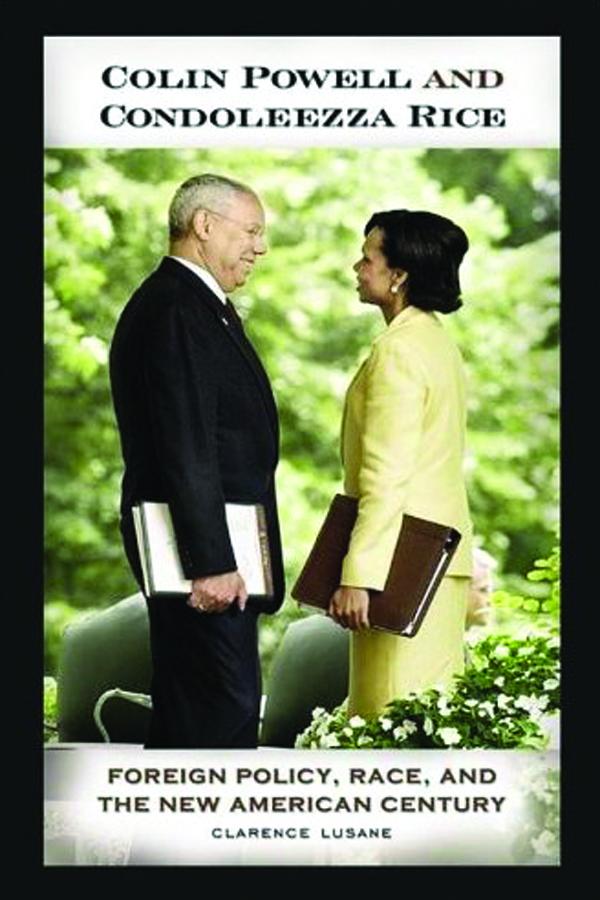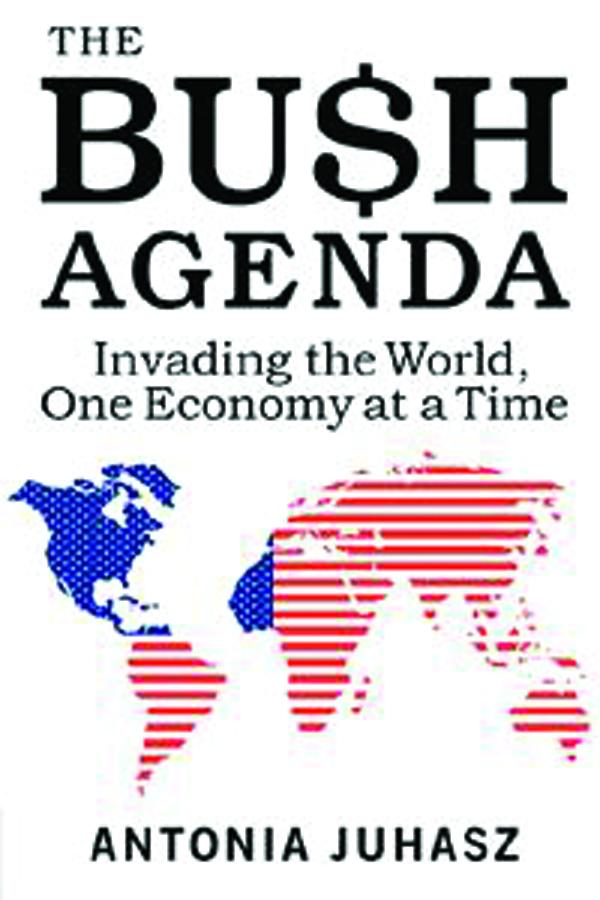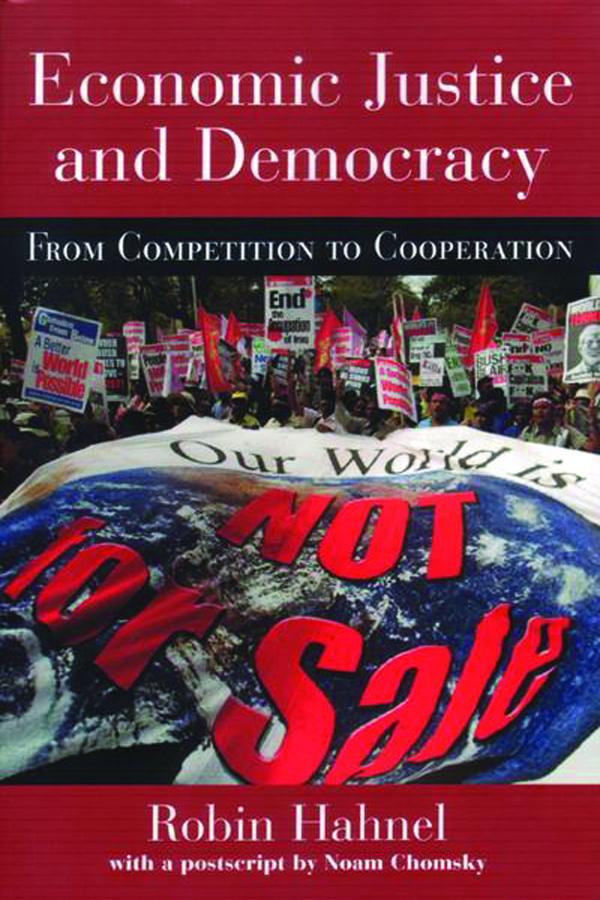
Colin Powell and Condoleezza Rice: Foreign Policy, Race, and the New American Century
A groundbreaking analysis of the intersection of racial politics and American foreign policy.

A groundbreaking analysis of the intersection of racial politics and American foreign policy.

A leading expert on international trade and finance policy exposes the Bush Administration’s radical economic agenda for global domination, which she says will create the greatest level of violent opposition to America and Americans in recent history.

In Economic Justice and Democracy Robin Hahnel argues that progressives need to go back to the drawing board and rethink how they conceive of economic justice and economic democracy.
El Camino del Banco Mundial Hacia La Catastrofe Climatica
The World Bank’s Road to Climate Catastrophe
The Winners and Losers of World Bank Fossil Fuel Finance
The InterAmerican Development Bank Fossil Fuel Financing 1992-2004
How the free trade agenda promotes dirty energy.
Climate change policy coherence in global trade and financial flows.
World Bank Group Projects related to fossil fuels from Sept. 1, 2002 to Sept. 15, 2003
The tenth annual CEO pay survey.
How oil interests obscured US Government focus on chemical weapons use by Saddam Hussein.
After failing to obtain authorization for war from the UN Security Council, the Bush Administration has scrambled to assemble a so-called “Coalition of the Willing” to lend the military action against Iraq the illusion of genuine multilateralism and legitimacy.
The U.S. public should carefully scrutinize any claim by the Bush Administration that they
have assembled a “coalition of the willing.”
This 2003 report underscored the dangers posed by the practice of storing spent fuel on-site at nuclear power plants in the United States. It remains relevant today as Japanese engineers struggle to prevent a nuclear catastrophe in Fukushima, Japan.